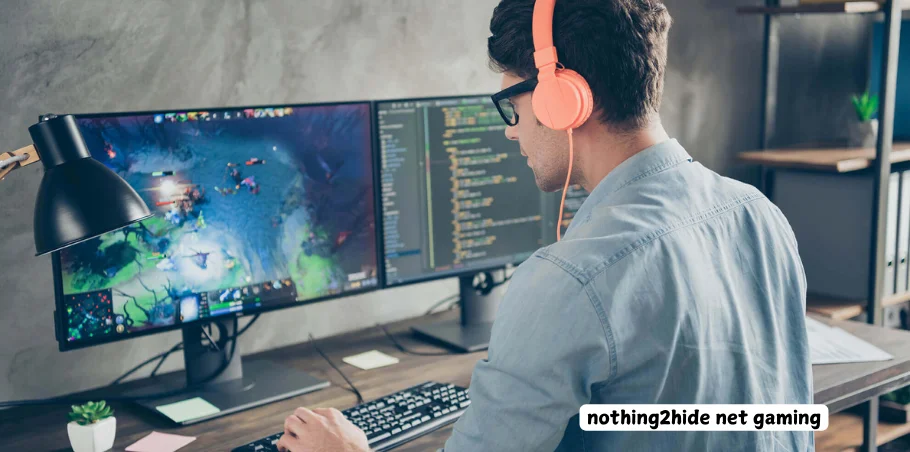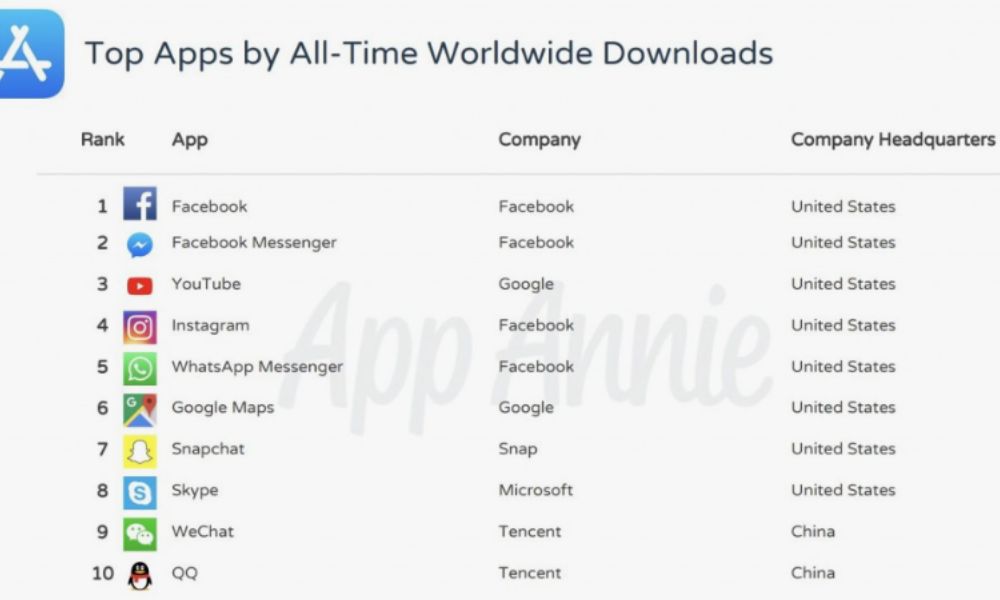nothing2hide net gaming: Why Your Privacy Still Matters
The online gaming world has exploded in recent years, connecting millions of players globally in real-time. From PC and console games to mobile apps, players engage in vast virtual worlds where they battle, strategize, and build communities. But as online gaming grows, so do the risks. In an age of data collection and cyber threats, it’s essential to understand the privacy implications of your gaming activities. So, what does nothing2hide net gaming mean in the gaming world, and how can it affect your online safety?
What is nothing2hide net gaming?
Nothing2hide net gaming refers to the assumption that if a player has no secrets, they shouldn’t be concerned about privacy. However, this logic doesn’t consider how personal data is used and shared in gaming. Whether you’re a casual or a hardcore gamer, privacy is something to consider as companies gather data to improve games or monetize user behavior.
The Appeal of Online Gaming
Gaming offers an escape, a sense of achievement, and the chance to socialize with like-minded individuals. The industry is thriving, with gamers of all ages engaging on platforms like PlayStation, Xbox, PC, and mobile. But with this surge, questions about privacy and data protection become more pressing.
Privacy Risks in Online Gaming
Gaming platforms often require registration, meaning personal data like usernames, passwords, email addresses, and sometimes even credit card information is collected. While companies aim to protect this data, breaches are not uncommon. From hackers looking to sell data to scams designed to access players’ accounts, the risks are real and require proactive management.
How nothing2hide net gaming Can Be Misleading
Many players may feel they have nothing2hide net gaming, making them less cautious about protecting their data. But this mindset overlooks how gaming data, such as play habits, in-game purchases, and interaction history, can be used to build detailed user profiles. Even if you feel there’s nothing of value in your data, malicious actors can exploit it in ways you might not expect.
Common Types of Privacy Threats in Gaming
Common Types of Privacy Threats in Gaming are:
- Phishing Scams – Often, cybercriminals disguise themselves as game representatives to trick players into sharing credentials.
- Data Breaches – Gaming companies can be targeted by hackers, resulting in massive leaks of personal information.
- In-Game Purchases and Financial Data – Some games encourage in-app purchases, exposing financial details to potential cyber theft.
Understanding Data Collection in Games
Every time you log in, interact, or make a purchase, data is being collected. Some of this information helps improve the game, but a lot is used for targeted advertising. Knowing what’s being collected and who it’s being shared with can help you make informed choices about your privacy settings.
Security and Safety Measures for Gamers
Security and Safety Measures for Gamers are:
- Strong Passwords and 2FA – Use unique passwords and enable two-factor authentication.
- Avoiding Phishing Scams – Always verify links before clicking and be cautious of emails asking for personal information.
- Keeping Software Updated – Regular updates help patch vulnerabilities that hackers might exploit.
Parental Concerns and Child Safety in Gaming
Young players can be especially vulnerable to privacy risks. Parents should be aware of the platforms their children use and apply parental controls to manage data sharing and account access.
The Role of VPNs in Gaming Privacy
A Virtual Private Network (VPN) can add a layer of protection, hiding your IP address and encrypting your internet connection. However, while VPNs provide anonymity, they might slow down your gaming experience, so it’s essential to find a balance.
Choosing Secure Gaming Platforms
When selecting a platform, look for privacy policies that are transparent about data collection, sharing, and user rights. Platforms with a reputation for data security provide an added level of trust for users concerned about privacy.
Data Privacy Laws and Gaming
Laws like the GDPR (General Data Protection Regulation) and CCPA (California Consumer Privacy Act) provide guidelines for data protection. However, many platforms operate globally and may not adhere strictly to these standards, making it essential for gamers to understand their rights.

Staying Informed on Privacy Policies in Gaming
Privacy policies are often long and complex, but it’s crucial to read them to understand how your data will be used. Stay informed about updates, as many companies periodically change their policies, which may affect your rights.
Future of Privacy in Online Gaming
As technology advances, so will data privacy measures. Blockchain technology, improved encryption, and more privacy-centered games could emerge, offering better protection for gamers. The future will likely bring more options for those who value privacy in their gaming experiences.
FAQs About nothing2hide net gaming
Is online gaming safe for my data?
Yes, if you follow best practices, like strong passwords and two-factor authentication, and choose reputable platforms.
What is the biggest privacy risk in online gaming?
Data breaches and phishing scams are common risks that can compromise personal data.
Are there specific games known for better privacy practices?
Yes, some games and platforms have transparent privacy policies and rigorous data protection measures. Always review policies before joining.
How often should I update my gaming privacy settings?
Check your settings every few months, or whenever there’s a major update to ensure continued protection.
Can I play games anonymously online?
Using VPNs and secure platforms can help keep your identity private, but full anonymity can be challenging to achieve in some games.
Conclusion
Privacy and security in online gaming are critical, and players must take proactive steps to protect themselves. From understanding data collection practices to using VPNs and securing accounts, these strategies help gamers enjoy a safe and worry-free experience.
If you gained new insights from this article, explore our blog, Gimkit, for more enlightening content.
Share this content:





Post Comment